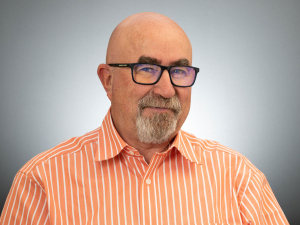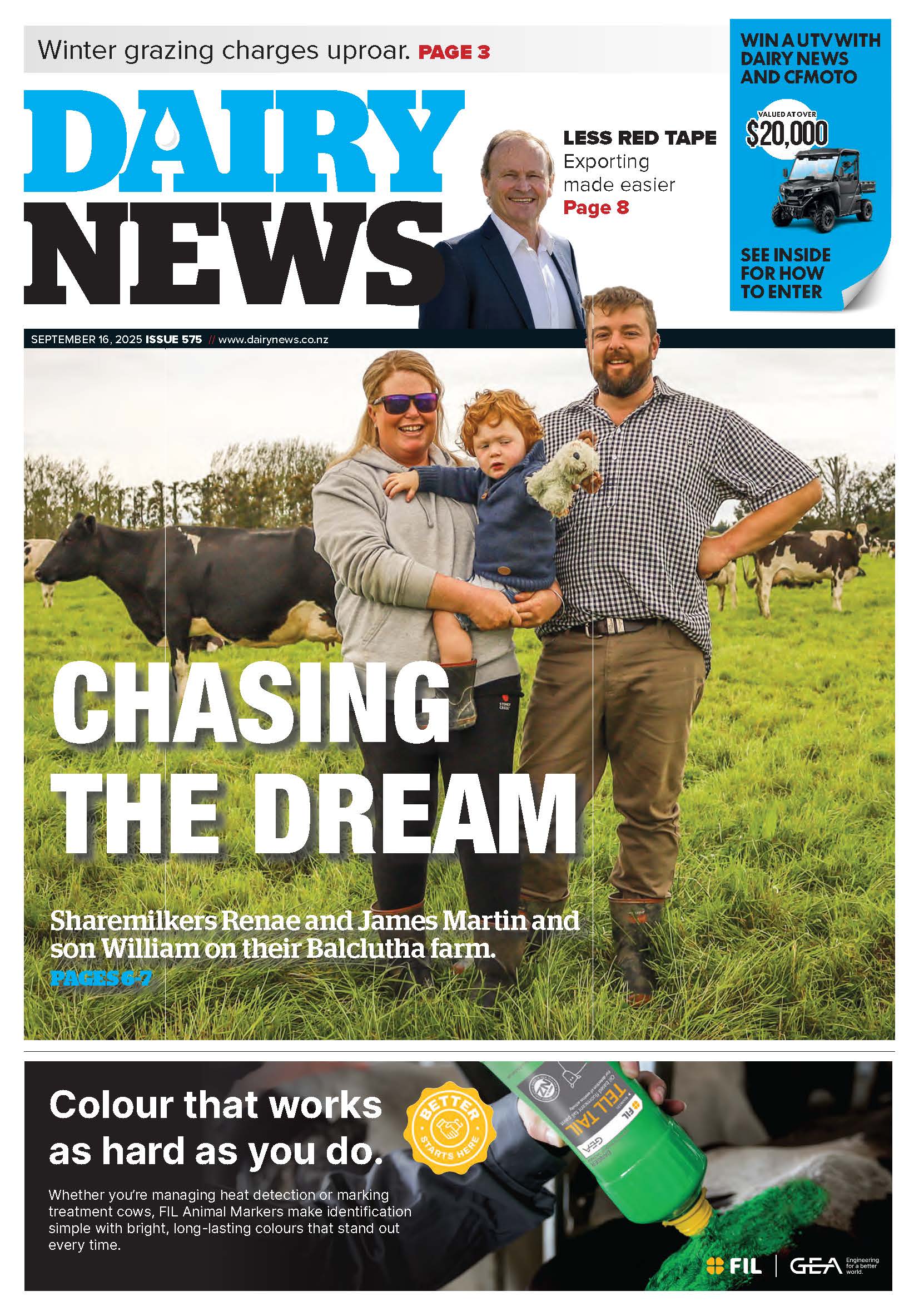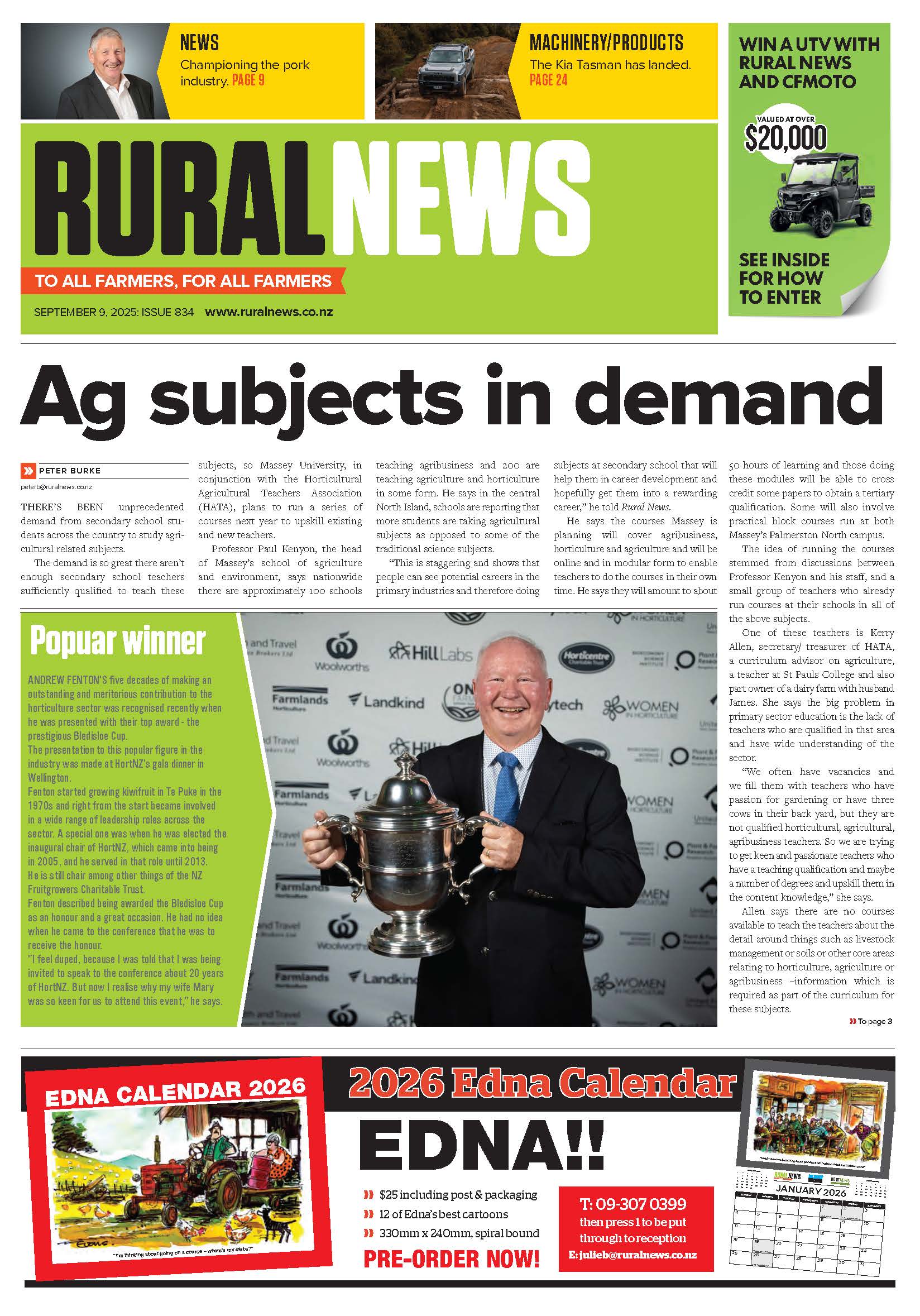Cleverly should know. His animal health company started from scratch 10 years ago and has grown to an annual revenue today of more than $100m and global reach based on Kiwi innovation.
He told Rural News there are some things NZers don’t do well – like cricket – but there are things we do very well.
“The ability to innovate and think laterally comes as a result of our not being over-endowed with resources.
“We have to think laterally and think outside the square in order to survive and that expertise puts us in a unique and strong position as it relates to R&D.”
For instance, Argenta’s R&D is a key point of difference from its competitors and a key area of growth. And despite expansion into the US and now Scotland, that R&D is based in NZ.
“There is no limit to what can be done,” Cleverly says. “The most difficult thing is linking the needs of the farmer to the capabilities of the lab. The company most able to bridge that gap is the most likely to be successful -- understanding what the farmers’ needs are and translating that into something that can be done and manufactured.
NZ primary industry has got to ‘ramp it up’, he says.
“In the old days we were the golden boys in agricultural-based research; we need to work very hard to maintain that position.
“We think we are doing our bit, but there’s a lot more to be done.”
Cleverly says Argenta started when he came home from America and couldn’t find a job.
“So it sort-of made sense to do what I had been doing in America – which was working for a very big animal health company. I learnt a lot so a friend (Gordon Vincent) and I set up a company based on what we knew and what we thought we could do,” he explains.
“It was the inability to secure employment that lead to starting a company. The sort of jobs that were out there were pretty depressing compared with what I wanted to be doing.
“The jobs were fine, but they weren’t my cup of tea…. The way to get the cup of tea was to do it yourself.”
Vincent was his mentor at a previous company. Cleverly “dragged” him out of retirement and they “started a small company and went from there”.
He says it started from the perspective of if you can’t find a job there isn’t much money involved in setting up – so just try it out.
“If it didn’t work out it would be a cheap MBA; you’d learn a lot.”

















